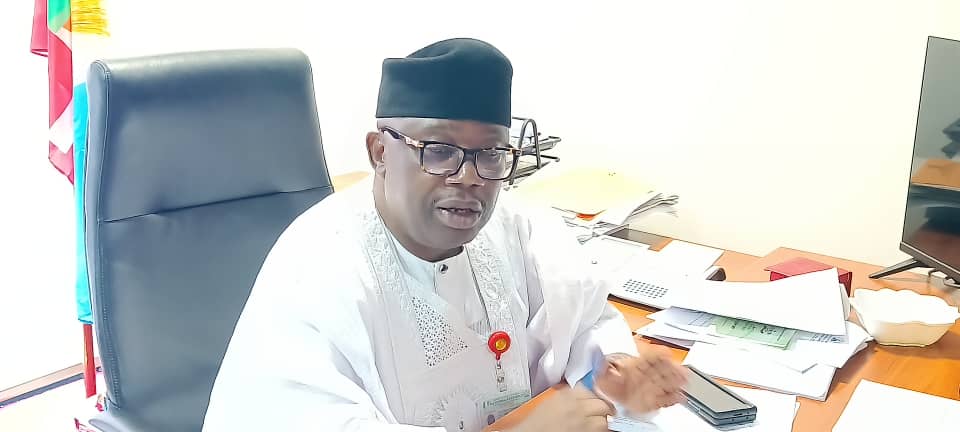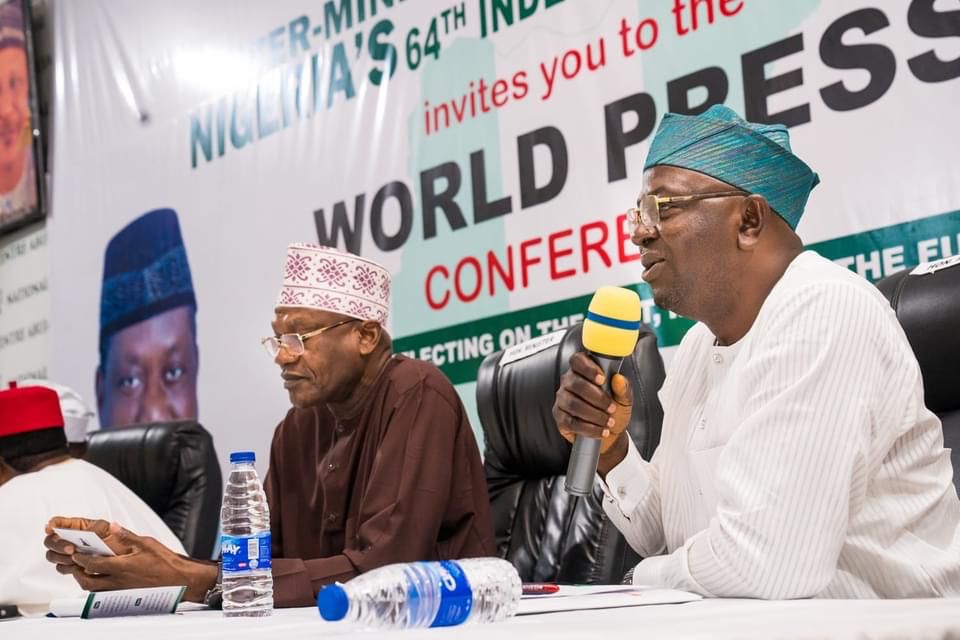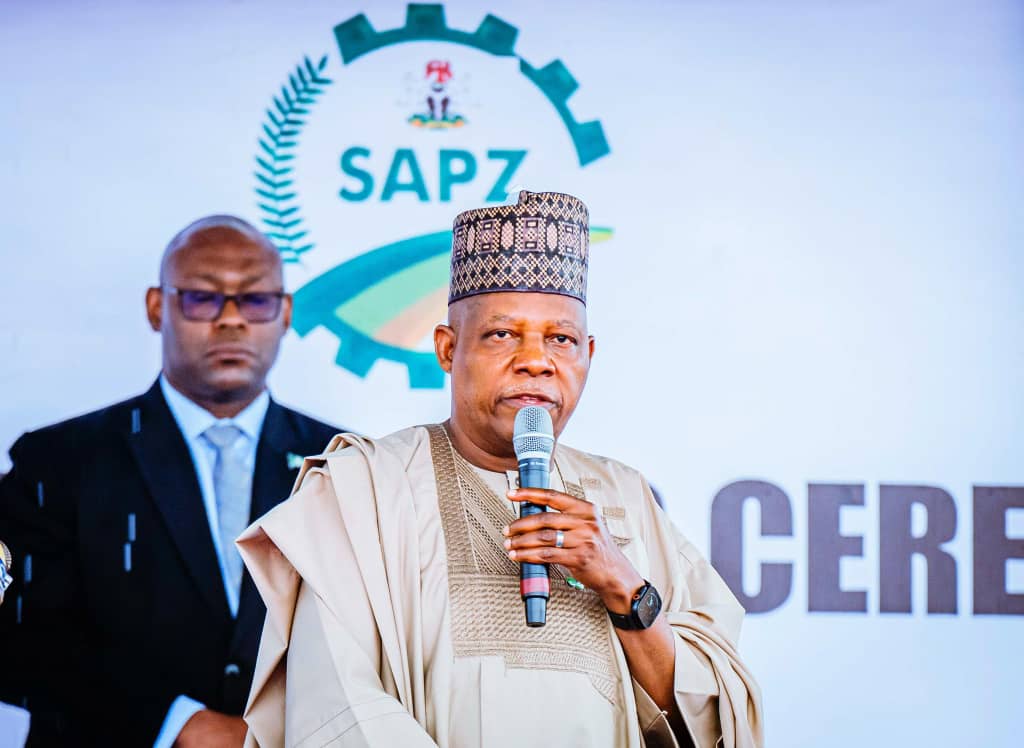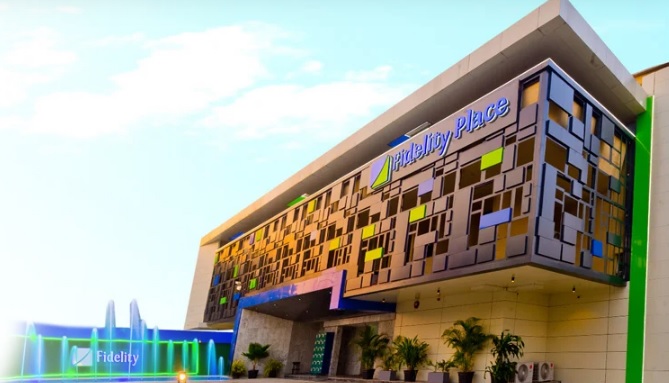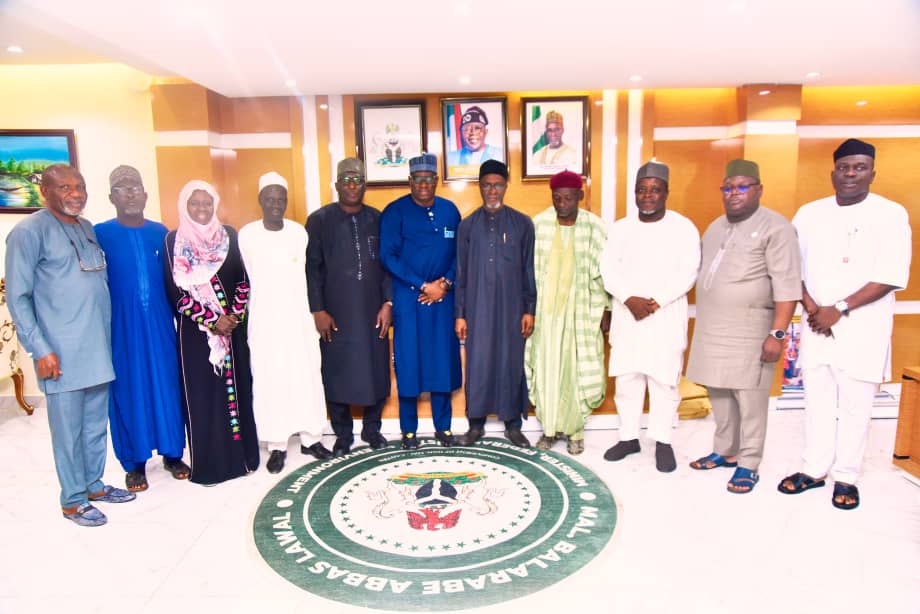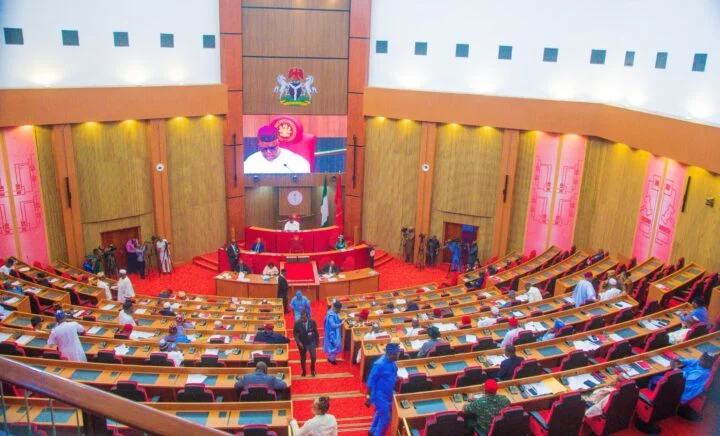
By Fatima Saka
The Nigerian Senate was rocked on Thursday by a wave of high-profile defections as four senators dumped the opposition Peoples Democratic Party (PDP) for the ruling All Progressives Congress (APC), signaling a seismic shift in the country’s political alignment ahead of the 2026 and 2027 elections.
The defectors, Senators Francis Adenigba Fadahunsi (Osun East), Fadeyi Oluwole Olubiyi (Osun Central), Etim Aniekan Bassey (Akwa Ibom North-East), and Ekong Samson Apkan (Akwa Ibom South), formally announced their departure from the PDP during plenary, citing internal crises, factional disputes, and strategic realignments.
Senate President Godswill Akpabio read the individual resignation letters, welcoming the new APC members and urging them to maintain effective representation for their constituents. “The Senate remains a house of national unity, and party affiliations must not override our commitment to the Nigerian people,” he said.
Senator Fadahunsi attributed his exit to “irreparable and irreconcilable differences” within the PDP, including post-election legal wrangling. His move, supported by Section 68(1)(g) of the Nigerian Constitution, followed extensive consultations with political allies and constituents.
Senator Fadeyi’s departure, although less publicized, reportedly stemmed from alienation within Osun PDP structures and waning influence at the grassroots. Observers say the dual defections from Osun may reflect a silent protest against Governor Ademola Adeleke’s leadership and signal wider dissatisfaction within the party’s state machinery.
In Akwa Ibom, Senators Etim Bassey and Ekong Apkan cited political realignment following Governor Umo Eno’s recent defection to the APC. While Bassey emphasized development collaboration, Apkan condemned the PDP’s internal collapse and praised the APC’s “Renewed Hope Agenda” as a path to progress.
The twin defections from Akwa Ibom, a former PDP stronghold, mark a critical power shift. With the state’s governor and two senators now in the APC, the political map of the South-South zone may be undergoing a dramatic reconfiguration.
Analysts warn that these moves could have long-lasting implications. With the APC gaining strength in the Senate and penetrating opposition territories, legislative dynamics and election strategies for 2026 and 2027 are likely to tilt in favor of the ruling party.
Buhari Trusted Too Much, Led Too Little — Senator Ningi Reflects on Late President’s Legacy
While the PDP has yet to issue an official response, insiders suggest the party may soon convene emergency meetings to contain further losses and restructure ahead of future elections.
For now, the defections underscore a stark message: Nigeria’s political terrain is shifting, and Osun and Akwa Ibom are emerging as new epicenters in the battle for dominance in the lead-up to 2027.

